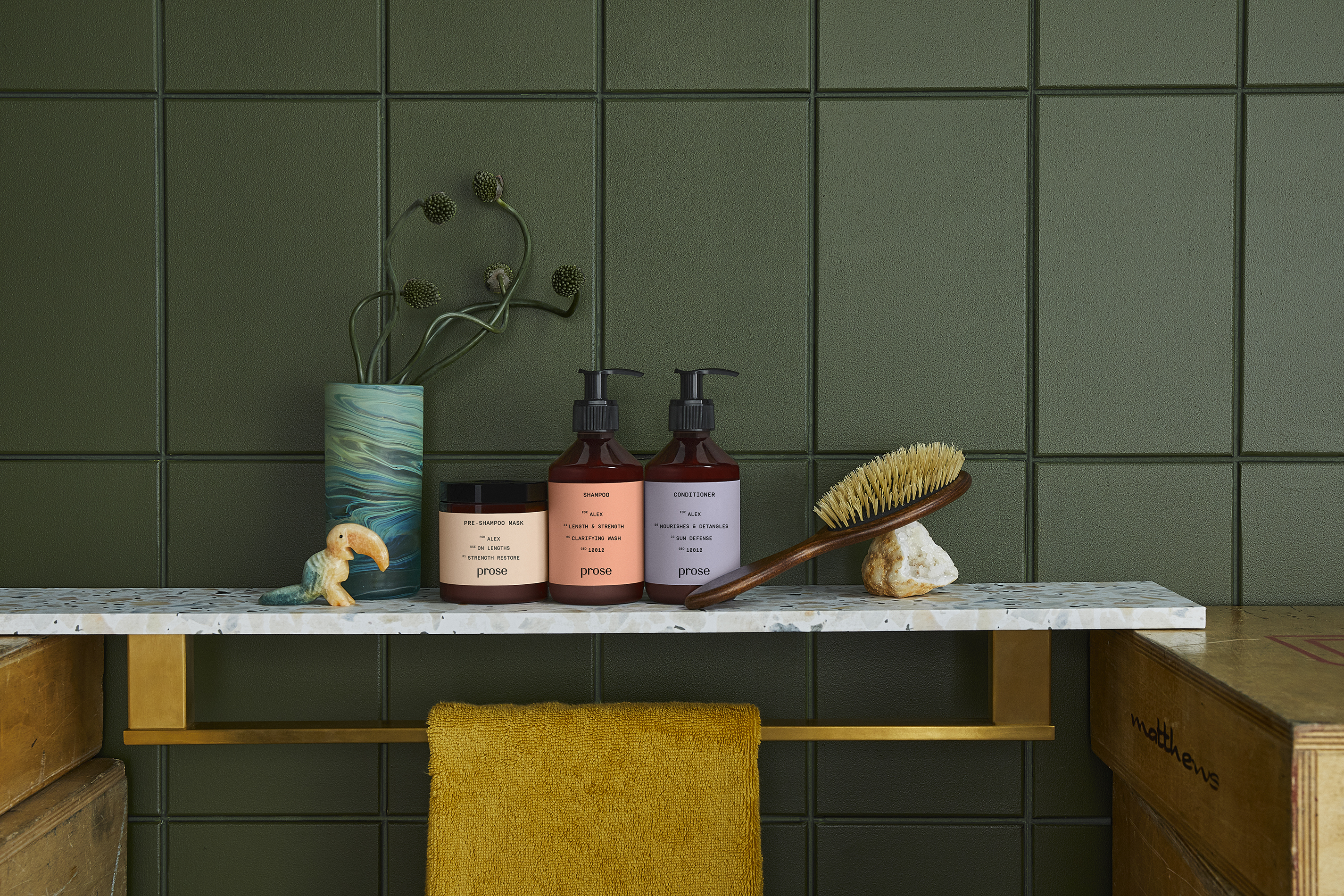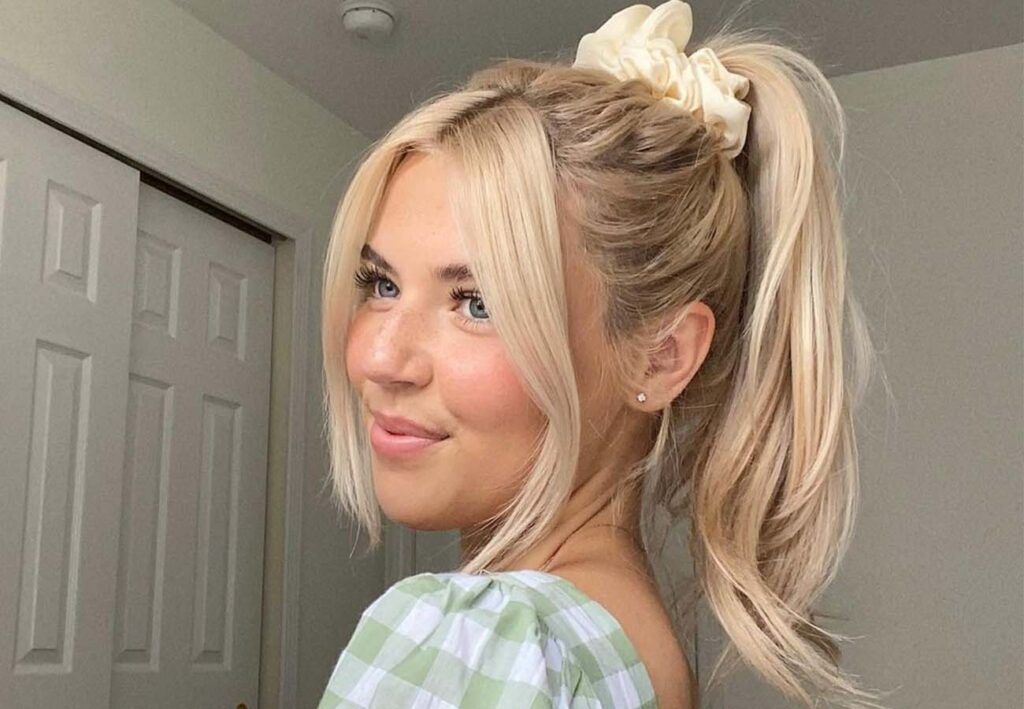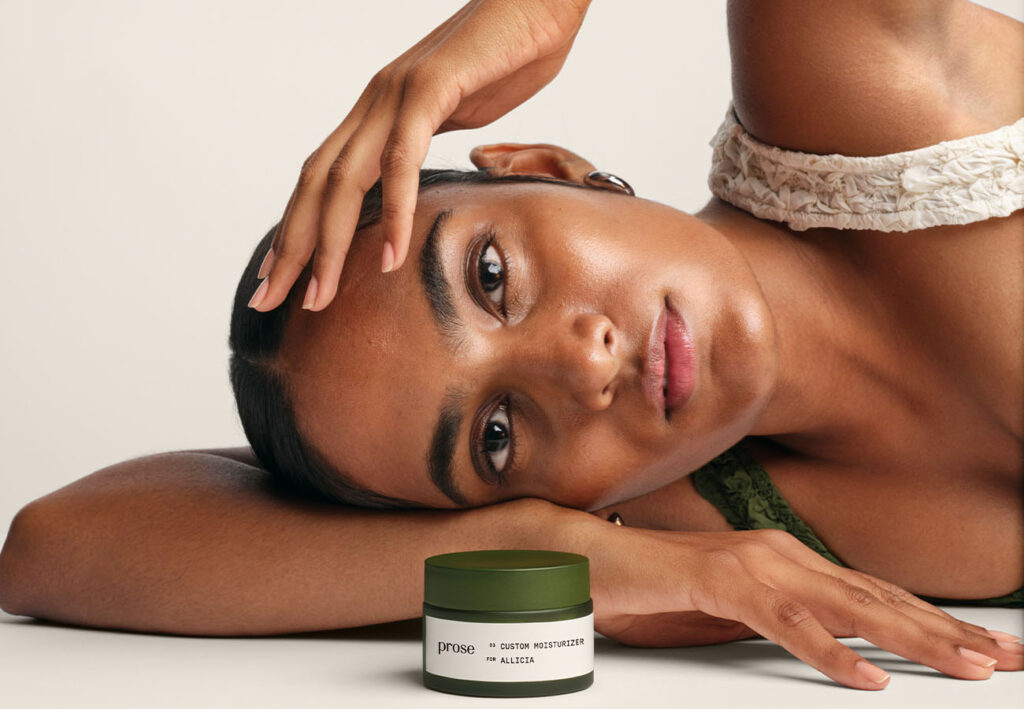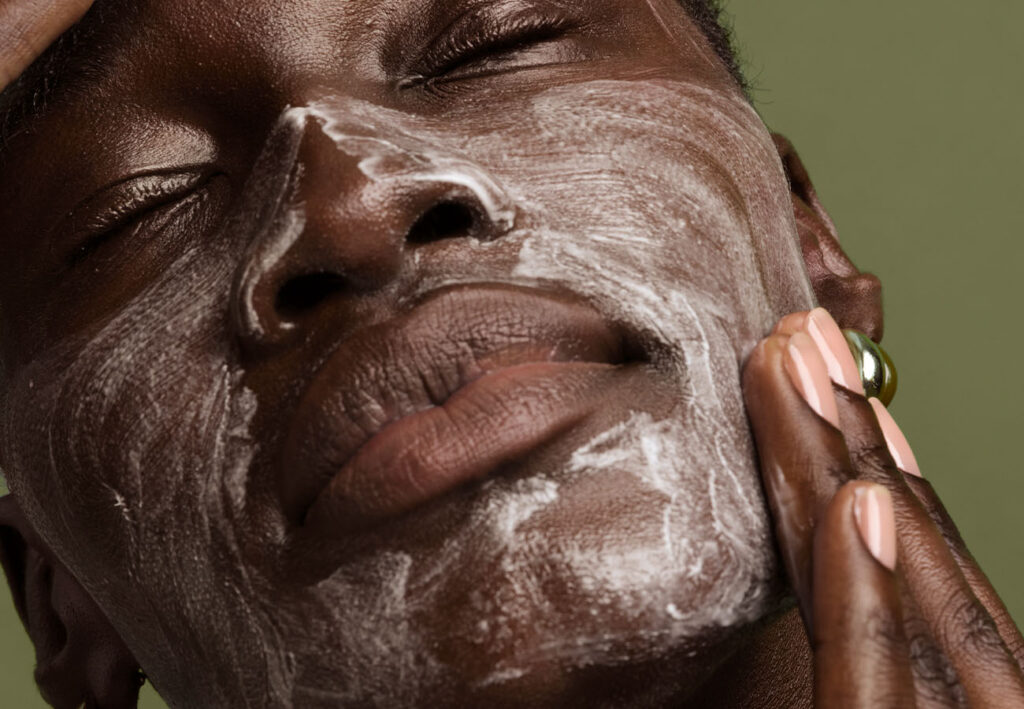1. Shampoo every other day
Typically, we tell guys not to wash their hair every day, and to instead do it every few days (since shampoo can dry out the hair by stripping it of all its natural oils). But guys with thinning hair may want to consider shampooing more frequently. Dr. Collyer says every other day is ideal, though you can of course wash daily if you feel you need to. This is because the environment of your scalp is imperative for your hair’s health. And since your hair is already thinning and compromised, you want to do all you can to keep fungus and bacteria from settling in around the scalp. This in turn can aid in growing healthier hair.
2. Prioritize scalp health
Similar to the previous tip, you want to do all you can to keep your scalp strong and healthy. After all, a healthy scalp produces healthier hair. By using a highly concentrated weekly scalp treatment, you can nourish both the skin and the hair follicles up there. And by shampooing regularly, you eliminate the buildup of hair product and fungus/bacteria that can lead to redness, irritation, and dandruff.
Dr. Collyer also suggests regularly massaging the scalp to stimulate circulation up there. This increases blood flow to the hair follicles, and in turn improves nutrient delivery. Talk to your doctor about using topical minoxidil, also (the generic for Rogaine), which can also drastically improve blood flow and can even restore some lost hairs, and strengthen existing hairs. Dr. Collyer notes that it’s important to cease use of minoxidil if it starts irritating the scalp (though it’s rare). Also, know that you’ll experience excess hair shedding in the first few weeks, since the product triggers hair follicles to re-start their growth cycles. The initial shedding (nothing so drastic, but still noticeable when you look down into the sink) is a sign that it’s working. You’ll notice much fuller, thicker hair by months 4-6, assuming your hair loss is relatively recent (past 2-3 years). Regardless, talk to your board-certified dermatologist to better understand if the drug can impact your hair growth.
If you’d like to avoid the shedding phase minoxidil causes, look into Prose’s Root Source™ hair supplements as they do not have that affect*.
3. Use a volumizing conditioner frequently
Dr. Collyer also advises his patients to use conditioner everyday or every other day, since it plumps your hair full of nutrients and keeps it soft and strong. It also helps restore dry, lifeless hair after a shampoo. He says to look for conditioners with fortifying ingredients like keratins, antioxidants, vitamins, biotin, omega-3 fatty acids, and amino acids. (The same goes for leave-in conditioners and hair masks).
Dr. Collyer especially suggests using conditioners that promise to thicken or volumize the hair. These will help temporarily plump each strand of hair, to give an overall fuller, texturized effect to the naked eye, as opposed to looking limp and lifeless.
4. Do a weekly treatment
Dr. Collyer tells patients to use treatments like hair masks and scalp treatments—typically best used once a week. “Scalp masks are meant to be applied directly to the scalp, and are usually made with gentle clays and hydrating oils to calm and soothe your scalp and leave your hair feeling soft,” he says. Hair masks and leave-in conditioners are the equivalent to a once-weekly sheet mask that deeply hydrates and nourishes the hair—far more than a day’s dose of standard shower conditioner. Cycling these things into your regimen each week will ensure that your scalp and hair stay balanced and fortified.
5. Avoid unnecessary stress—both physical and emotional
There are so many things that can stress out your hair, and you need to mitigate as many of them as possible—especially since your thinning hair is so precious. “Harsh chemicals and relaxers, any kind of trauma, as well as traction (like tight hair ties) should be avoided,” Dr. Collyer notes. Each of these things can damage the quality or integrity of the hair, whether physically or chemically. General stress and trauma, in particular, are important to neutralize because they can impact people with all lengths and types of hair. Do your best to get lots of sleep, minimize bad habits (smoking, drinking, drug use, overworking), and stay hydrated and healthy. By practicing healthy behaviors, you should see livelier, stronger-looking hair as a result.
6. Get these nutrients
In tune with staying healthy, Dr. Collyer recommends having a hair-friendly diet rich in iron, folic acid, zinc, and biotin, in order to promote healthy, expedient, and strong hair growth.
Always made to order. Never made to waste.
Exclusive Trial Offer Get 60% Off + Free Gift
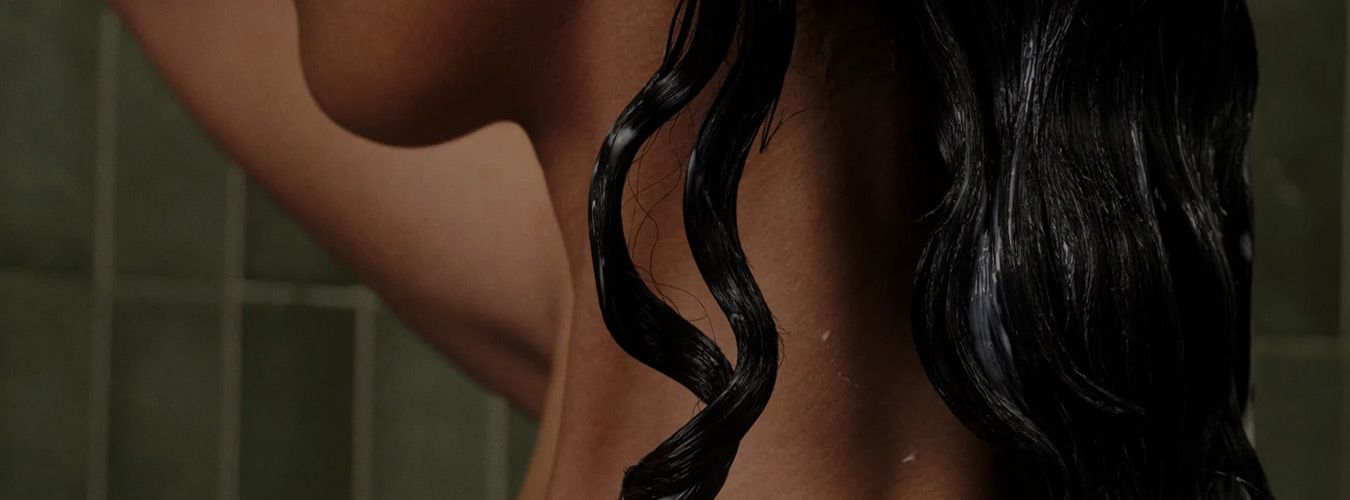
*These statements have not been evaluated by the Food and Drug Administration. This product is not intended to diagnose, treat, cure or prevent any disease.

